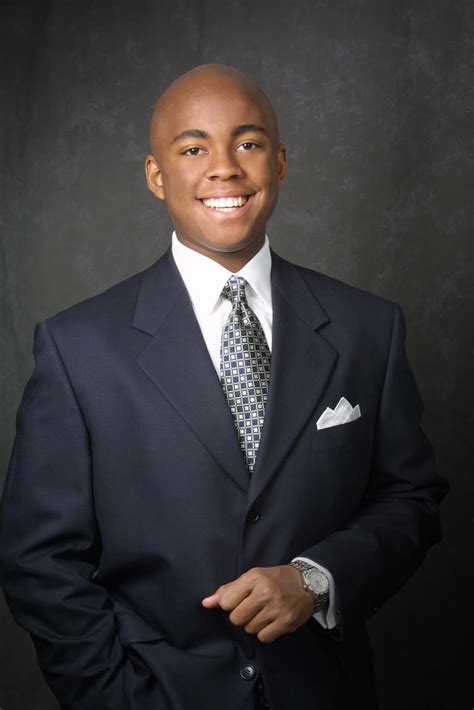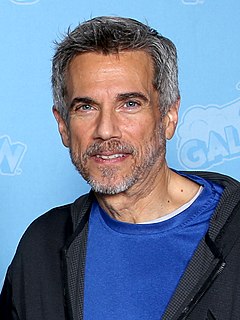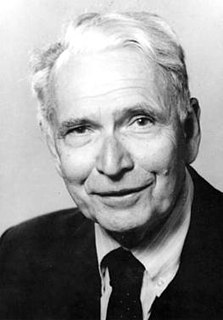A Quote by Douglas Adams
The History of every major Galactic Civilization tends to pass through three distinct and recognizable phases, those of Survival, Inquiry and Sophistication, otherwise known as the How, Why, and Where phases. For instance, the first phase is characterized by the question 'How can we eat?' the second by the question 'Why do we eat?' and the third by the question 'Where shall we have lunch?
Related Quotes
Why are there beings at all instead of nothing? That is the question. Presumably it is not arbitrary question, "Why are there beings at all instead of nothing"- this is obviously the first of all questions. Of course it is not the first question in the chronological sense [...] And yet, we are each touched once, maybe even every now and then, by the concealed power of this question, without properly grasping what is happening to us. In great despair, for example, when all weight tends to dwindle away from things and the sense of things grows dark, the question looms.
Science tries to answer the question: "How?" How do cells act in the body? How do you design an airplane that will fly faster thansound? How is a molecule of insulin constructed? Religion, by contrast, tries to answer the question: "Why?" Why was man created? Why ought I to tell the truth? Why must there be sorrow or pain or death? Science attempts to analyze how things and people and animals behave; it has no concern whether this behavior is good or bad, is purposeful or not. But religion is precisely the quest for such answers: whether an act is right or wrong, good or bad, and why.
It became a question of taste. I have a certain taste in art history. And that - I had a huge library of art history books in my studio. And I would simply have the models go through those books with me, and we began a conversation about, like, what painting means, why we do it, why people care about it why or how it can mean or make sense today.
When I did my first media interviews after I was announced as a team principal, the first question was, what qualifies you for the job? The second question was, did your husband place you in the role? And the third was, how are you going to do your job as a mother? I was speechless to think that we were not making any progress.
So is the English Parliament provincial. Mere country bumpkins, they betray themselves, when any more important question arises for them to settle, the Irish question, for instance,--the English question why did I not say? Their natures are subdued to what they work in. Their "good breeding" respects only secondary objects.
...the story of a man who saw three fellows laying bricks at a new building:
He approached the first and asked, What are you doing?
Clearly irritated, the first man responded, What the heck do you think I'm doing? I'm laying these darn bricks!
He then walked over to the second bricklayer and asked the same question.
The second fellow responded, Oh, I'm making a living.
He approached the third bricklayer with the same question, What are you doing?
The third looked up, smiled and said, I'm building a cathedral.
At the end of the day, who feels better about how he's spent his last eight hours?





































